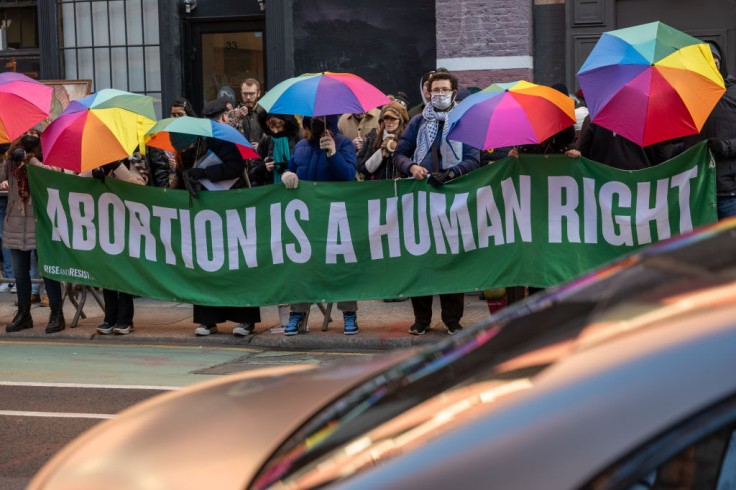
The recent New York court ruling continues to favor an abortion coverage requirement for employers, despite religious challenges.
A recent legal challenge brought by religious employers against a state regulation mandating health insurance coverage for medically necessary abortions has been dismissed.
The challengers, including multiple Catholic dioceses, contended that the regulation's exemption for religious employers was overly restrictive and potentially discriminatory.
New York Court Ruling Upholds Abortion Coverage
New York's highest court upheld the state's requirement for health insurance plans to cover medically necessary abortions, following a challenge from the Roman Catholic Diocese of Albany and other church groups. They argued that the policy's exemption for religious employers was too narrow, potentially infringing on religious freedoms.
The policy was initially approved by state financial regulators in 2017 and later enshrined into law by the state legislature in 2022. The legal challenge focused on the regulation itself, not the underlying law.
The Court of Appeals' decision carries broader implications, as it could set a precedent for similar challenges against the state's abortion coverage law.
The core debate revolved around whether the criteria for religious exemptions were sufficiently clear and whether officials had too much discretion in granting these exemptions.
According to state guidelines, a religious employer is defined as an entity dedicated to promoting religious values, primarily employing and serving individuals who share these beliefs, and classified as a religious nonprofit under federal law.
Abortion Challenges From Religious Employers
Chief Judge Rowan Wilson, in a unanimous opinion supported by the court's other six judges, rejected this argument. Wilson emphasized that delving into an extensive analysis of the factors in the 'religious employer' definition could indirectly introduce strict scrutiny, a legal standard they opted not to apply.
Wilson wrote, "The proposition that a state has the authority to cabin, through specific criteria, who qualifies as a 'religious employer' is consistent with Supreme Court and other state court precedent."
The exemption applies to employers dedicated to advancing their religious values, employing individuals who share these beliefs, primarily serving like-minded individuals, or qualifying as a religious nonprofit under federal regulations.
Another point of contention was whether a 2021 U.S. Supreme Court decision regarding a similar conflict would alter the legal perspective of this case. However, Wilson clarified in the court's decision that while the Philadelphia case might impact other legal challenges, it doesn't affect this specific case.
New York Governor Kathy Hochul, a Democrat, hailed the ruling as a significant move in safeguarding essential freedoms.
The Roman Catholic Diocese of Albany expressed intentions to appeal the decision to the U.S. Supreme Court. This option is available when seeking a review of a state's highest court decision, although the Supreme Court's decision to hear the case is not guaranteed.
The Roman Catholic Diocese of Albany reiterated its plan to appeal, citing concerns about government involvement in matters of faith and conscience, with the final decision on constitutionality potentially resting with the United States Supreme Court.
The statement of the diocese reads, "We believe this is unconstitutional since it involves government entanglement in the fundamental rights of free exercise of faith and conscience,"
Related Article: Target Announces Major Price Cuts on Everyday Items Across Stores